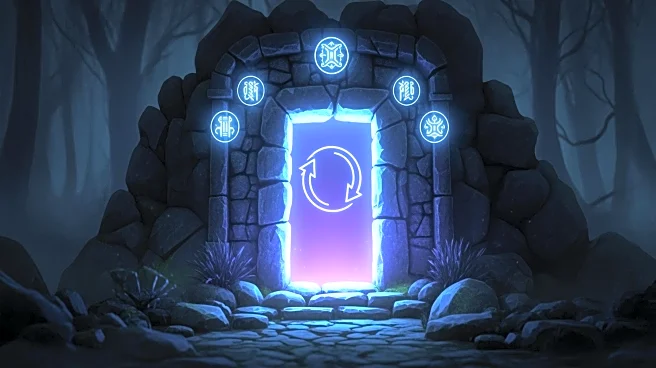What's Happening?
China's Foreign Minister Wang Yi has criticized Japan for sending a 'shocking' wrong signal concerning Taiwan, escalating tensions between the two nations. Wang accused Japanese Prime Minister Sanae Takaichi
of crossing a red line by suggesting a military response to a hypothetical Chinese attack on Taiwan. The dispute has affected trade and cultural relations, with China raising the issue at the United Nations. Beijing views Taiwan as its territory and has not ruled out using force to take control, while Taiwan's government insists that only its people can decide their future. Japan's Foreign Ministry has dismissed China's claims, maintaining its commitment to peace.
Why It's Important?
The diplomatic row between China and Japan highlights the fragile nature of regional security and the potential for conflict over Taiwan. Japan's stance reflects its strategic interests in maintaining stability in the Taiwan Strait, a vital area for international trade and security. China's aggressive rhetoric and actions could lead to further economic and diplomatic repercussions, affecting stakeholders in both countries. The situation underscores the importance of international norms and the prohibition of force in resolving disputes, as outlined in the UN Charter.
What's Next?
China is likely to continue its assertive stance, potentially leading to further diplomatic and economic measures against Japan. Japan may seek to strengthen its alliances with other countries to counter China's influence and maintain regional stability. The international community, including the United Nations, may play a role in mediating the dispute and ensuring adherence to international law. The situation could lead to increased military preparedness and strategic planning by both nations.










